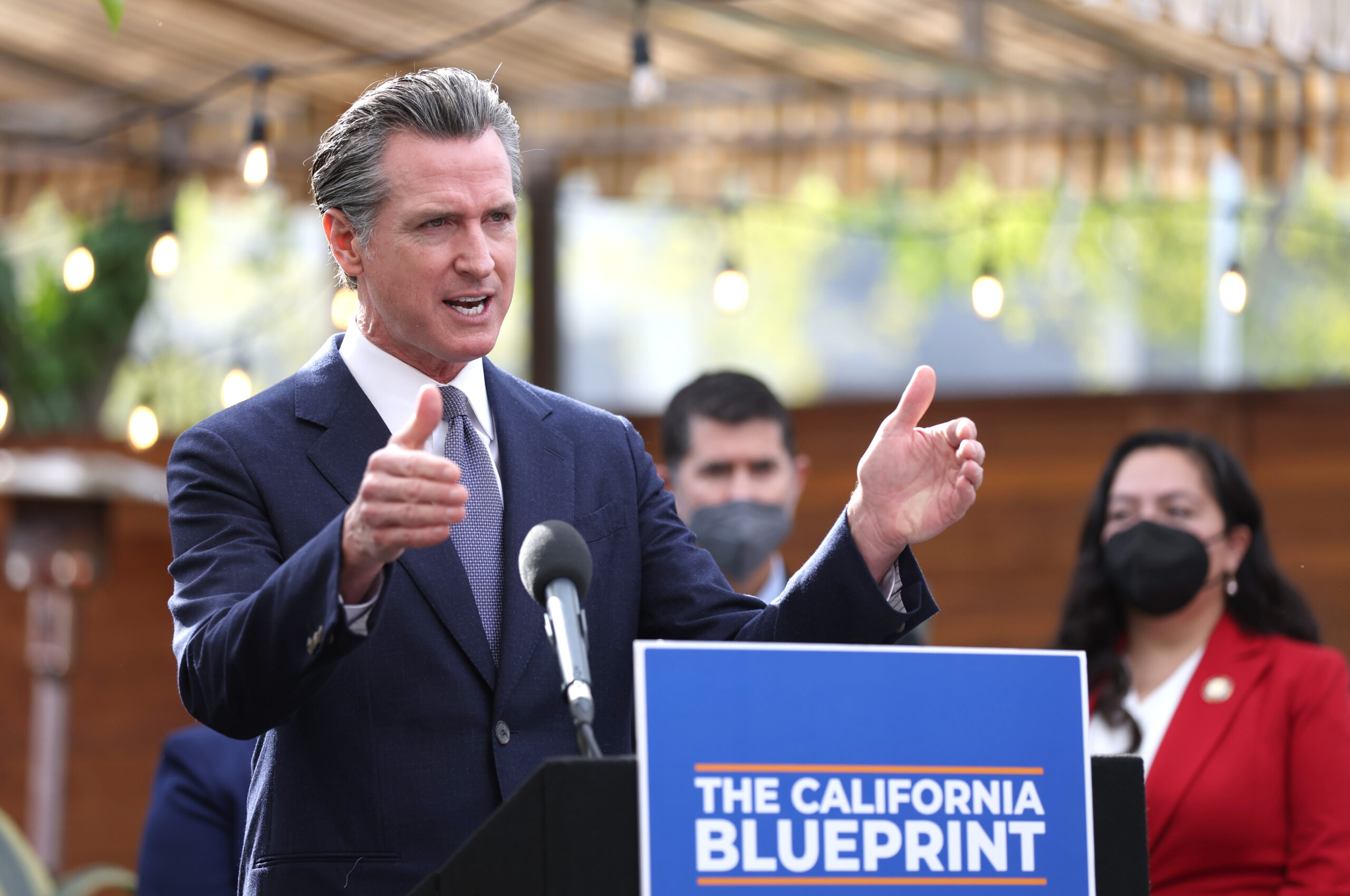After posting a massive budget surplus earlier this year, California’s fortunes may be about to drastically change.
California is facing a $25 billion dollar deficit in the next fiscal year, according to the state’s nonpartisan legislative analyst. And that’s the beginning of what may become an ongoing, multiyear deficit in the billions driven by inflation, high interest rates and the threat of a recession.
That all adds up to a big “budget problem”—legislative parlance for a deficit—that California lawmakers need to fix in order to write a balanced statewide budget, the analysts wrote.
“California has enjoyed a good economic run, before and even during the pandemic, but we also know that the state’s budget has been built on a little bit of a risky platform,” said Rufus Jeffris, a spokesperson for the Bay Area Council.
Partly due to its reliance on personal income taxes, California is prone to boom-and-bust budget cycles tied to stock market and overall economic performance.
It was only six months ago that the state reported a historic $97 billion windfall in its May budget revision.
Though much of that surplus was earmarked for education and other specific uses, Gov. Gavin Newsom plowed some of it into direct rebates for residents intended to offset the impacts of inflation.
The state legislative analysts wrote that estimated income taxes in 2022 have been “noticeably weaker” than in 2021, and noted the impact of rising interest rates on home sales, car sales and other key economic indicators.
During a recession, the state Legislature may choose to use emergency reserves and to cut spending to make up for budget shortfalls.
It remains to be seen what budget cuts may materialize before the state finalizes a spending plan next June, but subsidies for affordable housing, transportation or other local initiatives could be on the chopping block, Jeffris added.
“With the state budget seeing deficits, there’s going to be belt-tightening and some pain,” he said.
